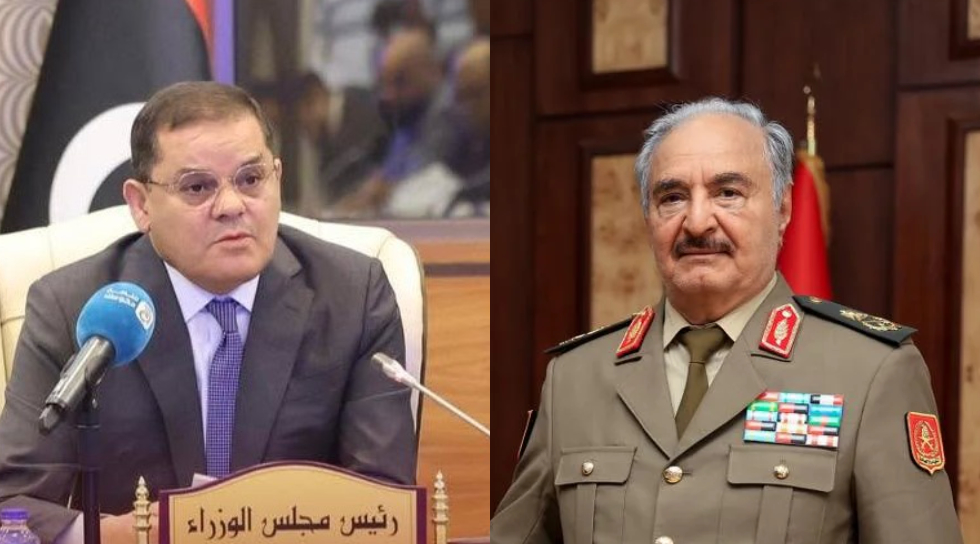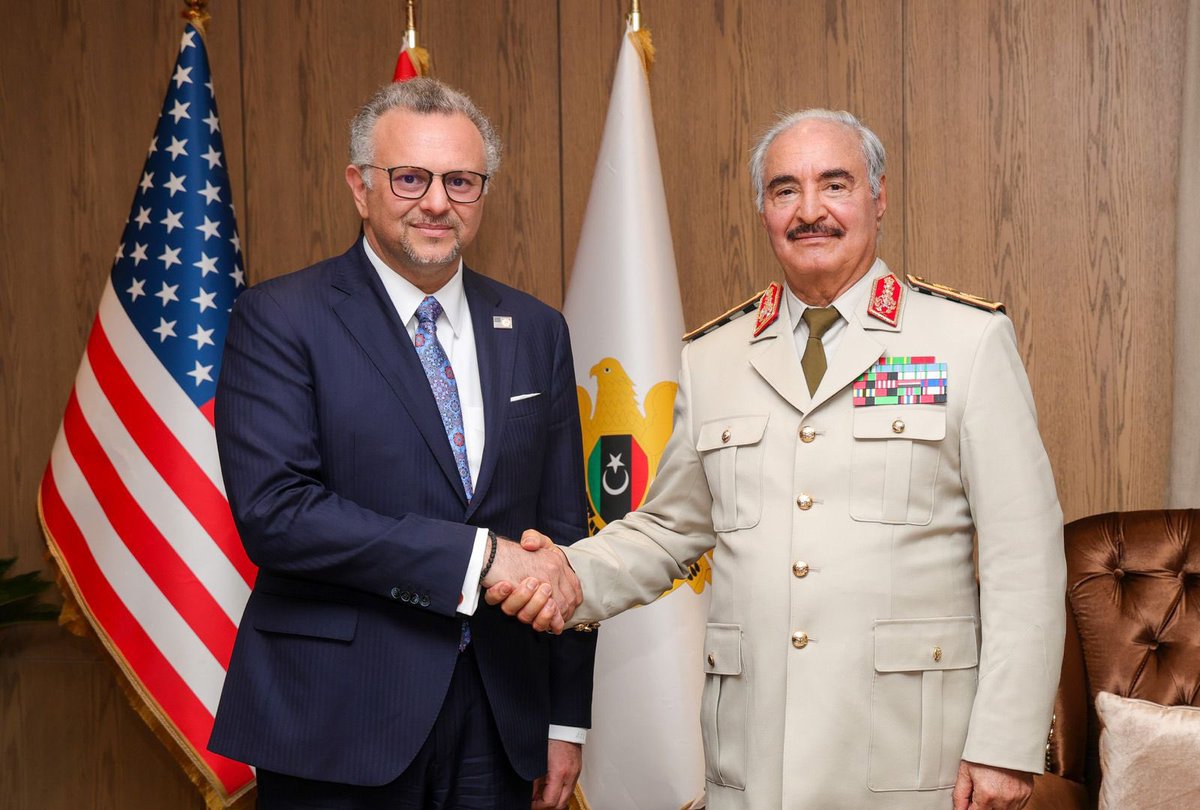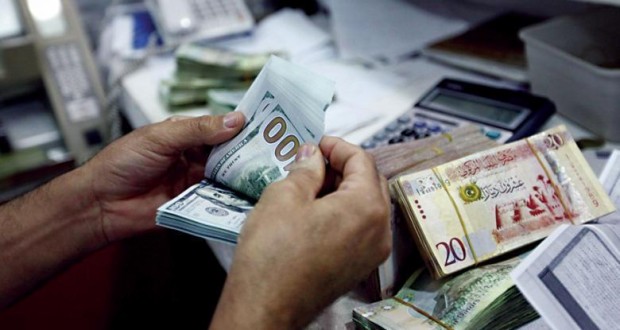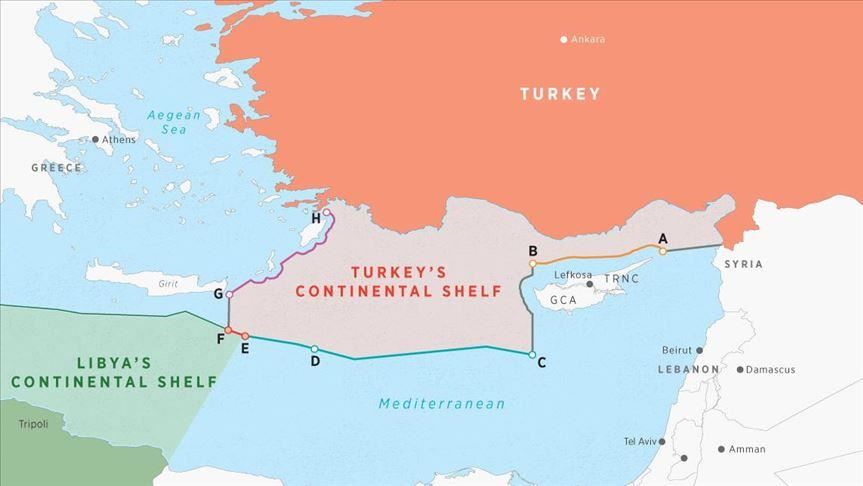Slowness of Libya’s political progress only fuels militia clashes
Published on 2023 June 12, Monday Back to articles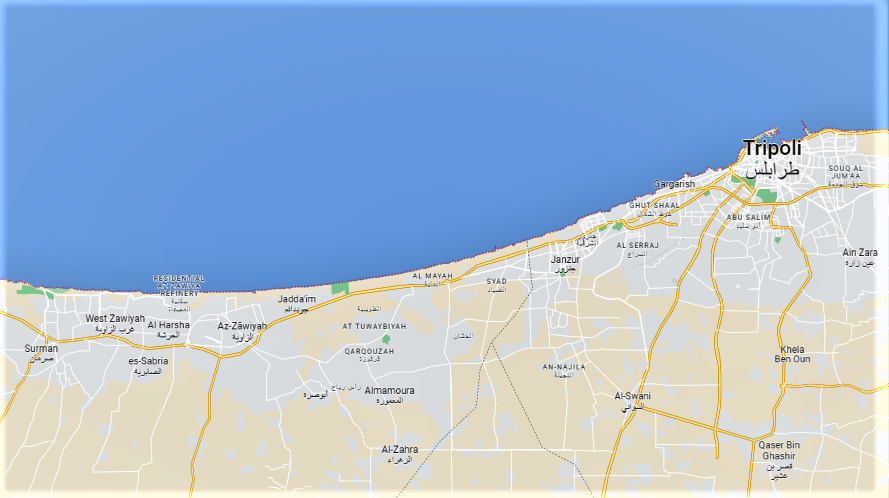
Western Tripolitania – epicentre of militia clashes
The so-called 6+6 Committee — composed of members of the House of Representatives (House) and the High Council of State (HCS) — has postponed the signing of its final agreement after ten days of meetings in the Moroccan town of Bouznika. They reached a consensus on the proposed electoral laws for presidential and parliamentary elections which are now awaiting the signature of the House speaker Aguila Saleh, and the HCS chairman, Khalid al-Mishri. The committee’s progress is largely seen as the last opportunity for the two chambers to accelerate the electoral process. The UN Special Envoy, Abdoulaye Bathily, did not attend the 6+6’s closing conference and is now awaiting the official text of the electoral laws before participating.
Meanwhile, the incumbent Government of National Unity’s (GNU) Prime Minister Abdulhamid Dbeibah led a delegation to Rome where they held bilateral talks with Italy’s Prime Minister Georgia Meloni. They also signed several Memorandums of Understanding (MoU) covering topics including: security; illegal migration; reducing carbon dioxide emissions; as well as studying energy, infrastructure, and internet projects.
The GNU’s recent airstrikes in western Tripolitania have had a significant impact on anti-smuggling activities in the region. The operations conducted by the coalition between the powerful Abuzriba family’s network and Muammar al-Dhawi are now facing setbacks but they are rapidly adapting to the changing circumstances.
In Zawiyah, sporadic clashes between local tribes have occurred near the city’s Della port. Mohamed Bahroun (a.k.a. al-Far or the Mouse) is reportedly seeking to control the port, and the tensions are persisting between the Qamuda and Shurfa tribes. The involvement of the Abuzriba clan illustrates the proxy nature of this local conflict. There are suspicions that Bahroun intends to use the port for illicit activities.
This issue of Libya Politics & Security highlights the concerns that the ongoing conflict in Sudan poses to Libya and particularly in terms of border security in the southeast Kufra region. The relationship between Sudan’s Rapid Support Forces (RSF) and Libya’s Subul al-Salam militia is crucial for cross-border border security and trade. So far, the impact on the Libyan side has been limited but the potential repercussions could affect communal relations and exacerbate tensions.
This excerpt is taken from our Libya Politics & Security weekly intelligence report. Click here to receive a free sample copy. Contact info@menas.co.uk for subscription details.